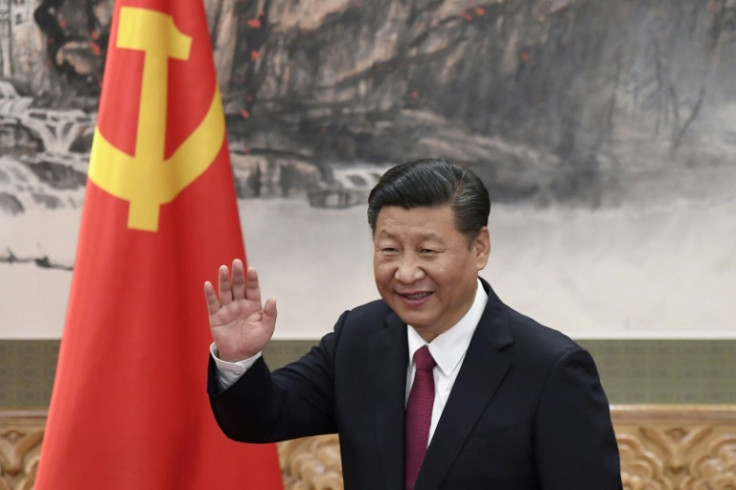Xi Jinping reappointed as China's president for historic third term amid economic challenges
The 69-year-old president received 2,952 unanimous votes

Xi Jinping secured a precedent-breaking third term as China's president, solidifying his control and making him the longest-serving head of state of Communist China since its founding in 1949. The term was officially endorsed during a parliamentary session on Friday.
Xi Jinping reappointed as president amid tensions with the U.S.
He was reappointed as president for another five years in a ceremonial vote at the Great Hall of the People in Beijing on Friday.
This has allowed Xi to tighten his control over the world's second-largest economy as it emerges from a Covid slump with severe economic challenges and rising diplomatic tensions with the U.S. and other countries.
Xi gets reappointed unanimously
The 69-year-old president received a total of 2,952 votes by the National People's Congress (NPC) members of which are appointed by the ruling party which was followed by a standing ovation.
Xi had secured a norm-shattering third term as head of the Chinese Communist Party last fall, breaking the country's long-standing tradition of rotating leadership every 10 years.
Earlier, the Chinese constitution deletion of a two-term restriction on the figurehead presidency, prompted speculation that he may stay in power indefinitely, making him the longest-serving president in modern China.
No candidate lists were made available, and it was believed that Xi and others who were appointed ran unopposed. The election process in China is still mostly cloaked in secrecy with the exception of the method by which delegates to the Congress placed four ballots into boxes positioned around the enormous auditorium of the Great Hall of the People.
The reappointment of Xi, who is considered to be China's most powerful and authoritarian leader in decades, was largely seen as a formality. With his reappointment as head of state, he has formally completed his transition into a second decade in power.
Xi was also unanimously elected as the commander of the two million-member People's Liberation Army, a force that is known to explicitly take its orders from the party instead of the country.
In another voting, Zhao Leji, the party's third-ranking official, was elected to lead the NPC. A vast majority of the body's legislative activity is headed by its Standing Committee which meets throughout the year.
Zhao, the 67-year-old veteran of the previous party's Politburo Standing Committee, gained Xi's trust as the leader of the Central Commission for Discipline Inspection, the party's anti-corruption watchdog, pursuing an anti-graft campaign that has silenced any potential opposition to the leader.
Meanwhile, Han Zheng, a former Shanghai party boss and member of the last Politburo Standing Committee, was named to the largely ceremonial post of state vice president.
The appointment of loyalists to key positions and the extension of Xi's current term shows that he has effectively monopolised political power in China, eliminating any challenges in his attempts to make China a top political, military and economic rival to the United States.
While he shares the Politburo Standing Committee with six other people, all of them have strong, longstanding ties to Xi and can be relied upon to carry out his instructions on matters ranging from party discipline to economic management.
The standing committee's 24 member Politburo is made up of only men. It has only had four female members since the 1990s, and is now entirely composed of men since the departure of Vice Premier Sun Chunlan.
China's economic challenges
During the opening of the annual congress session on Sunday, the outgoing Premier Li Keqiang unveiled plans for a consumer-led recovery of the country's faltering economy by setting this year's growth objective at "around 5 percent." The world's second-largest economy's growth fell to 3 percent last year, making it the second-weakest level recorded since at least the 1970s.
Additionally, the Ministry of Finance proposed a 7.2 percent increase in defence budget, raising it to $155 trillion yuan ($224 billion), marking a slight increase over 2022. China has the second-highest military budget in the world, after the United States.
© Copyright IBTimes 2025. All rights reserved.





















